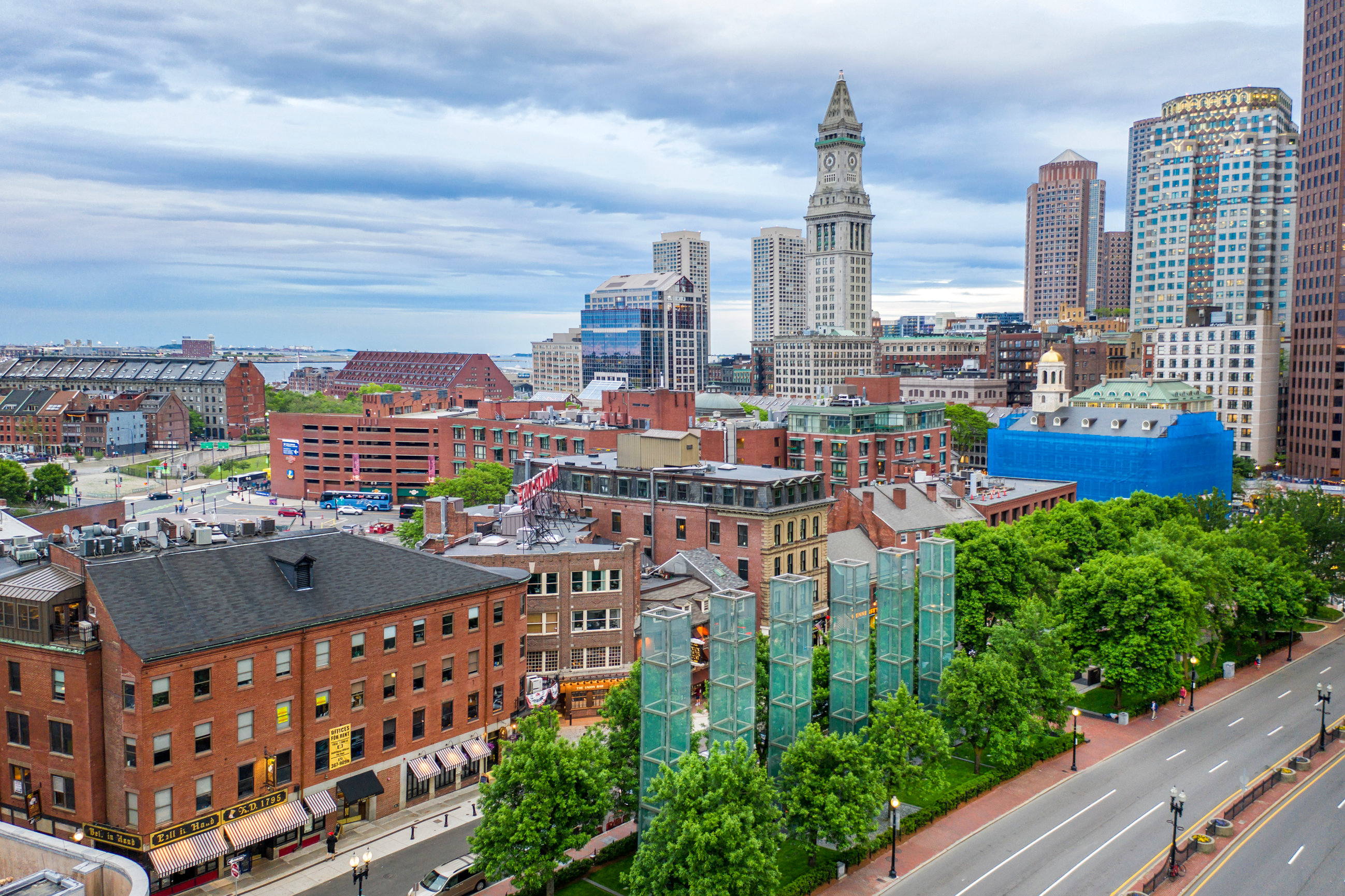Are Cambridge And Boston The Same?

Introduction
When people think of Cambridge and Boston, they often conjure images of prestigious universities, rich history, and vibrant culture. However, the question arises: are Cambridge and Boston the same? While they share geographical proximity and a deep-rooted connection, these two cities have distinct identities, cultures, and characteristics that set them apart. In this article, we will explore the key differences and similarities between Cambridge and Boston, examining their history, culture, demographics, and more. By the end, you'll have a clearer understanding of what makes each city unique and how they complement each other in the greater Boston area.
The Historical Context
1. A Brief History of Boston
Founded in 1630, Boston is one of the oldest cities in the United States and played a pivotal role in American history, particularly during the American Revolution. The Boston Tea Party, the Boston Massacre, and the establishment of the Boston Common are just a few of the historical events that shaped this iconic city. Today, Boston is known for its rich heritage, diverse neighborhoods, and as a hub for education and innovation.
2. The Birth of Cambridge
Cambridge, established in 1630, actually predates Boston in terms of settlement. Originally named Newetowne, it was renamed in 1638 after the University of Cambridge in England. The presence of Harvard University—founded in 1636—and the Massachusetts Institute of Technology (MIT) has solidified Cambridge's reputation as a center of academic excellence and research. This has significantly influenced the city's culture and demographic landscape.
Geographic and Demographic Differences
3. Location and Size
-
Boston:
- Area: Approximately 48.4 square miles
- Population: Over 692,600 residents (as of recent estimates)
-
Cambridge:
- Area: Approximately 6.4 square miles
- Population: Around 118,000 residents
Boston is significantly larger in both area and population than Cambridge, which contributes to their differing atmospheres. Boston's urban environment is bustling with commercial activity, while Cambridge maintains a more subdued, academic vibe.
4. Demographics and Culture
-
Boston:
- Diverse population with a mix of ethnicities and age groups
- Known for its historical neighborhoods, sports culture, and vibrant arts scene
-
Cambridge:
- Home to a younger, more educated demographic due to the presence of universities
- A hub for innovation, tech startups, and cultural events, with a strong emphasis on progressive values
Economic Landscape
5. Job Opportunities and Industries
-
Boston:
- Strong economy driven by finance, healthcare, education, technology, and tourism
- Home to numerous Fortune 500 companies and a thriving startup ecosystem
-
Cambridge:
- Economy focused on education, research, and technology
- Many residents work in academia, biotech, or startups, with a strong emphasis on innovation and entrepreneurship
While both cities benefit from their proximity to each other, Boston's economy is more diversified, while Cambridge leans heavily on education and technology.
Cultural Attractions and Activities
6. Landmarks and Institutions
-
Boston:
- Famous landmarks include the Freedom Trail, Boston Common, Faneuil Hall, and the Boston Museum of Fine Arts
- A sports-loving city, home to teams like the Red Sox, Celtics, and Bruins
-
Cambridge:
- Renowned for its academic institutions like Harvard and MIT, both of which offer museums, libraries, and public lectures
- Cultural events such as the Cambridge Science Festival and various art installations
Both cities offer a rich tapestry of cultural experiences, but Boston is more focused on sports and historical significance, while Cambridge is more centered on educational and scientific achievements.
7. Food and Dining
-
Boston:
- A melting pot of culinary delights, famous for clam chowder, lobster rolls, and a variety of international cuisines
- Famed neighborhoods like the North End showcase Italian cuisine, while Chinatown offers authentic Asian flavors
-
Cambridge:
- Known for its eclectic dining scene, featuring everything from upscale restaurants to food trucks
- A strong emphasis on farm-to-table dining and diverse, globally inspired menus
While both cities boast excellent culinary scenes, Boston leans toward traditional New England fare, whereas Cambridge emphasizes innovation and diversity in its dining options.
Conclusion
In conclusion, while Cambridge and Boston share a close geographical relationship and a rich historical background, they are not the same. Each city offers unique characteristics, cultures, and lifestyles that appeal to different preferences and interests. Boston is a bustling metropolis rich in history and sports culture, while Cambridge is an intellectual hub that champions innovation and education. Understanding these distinctions enhances our appreciation for both cities and the vibrant community they create together. Whether you're drawn to the historic streets of Boston or the academic atmosphere of Cambridge, both cities hold endless opportunities for exploration and discovery.



Comments ()